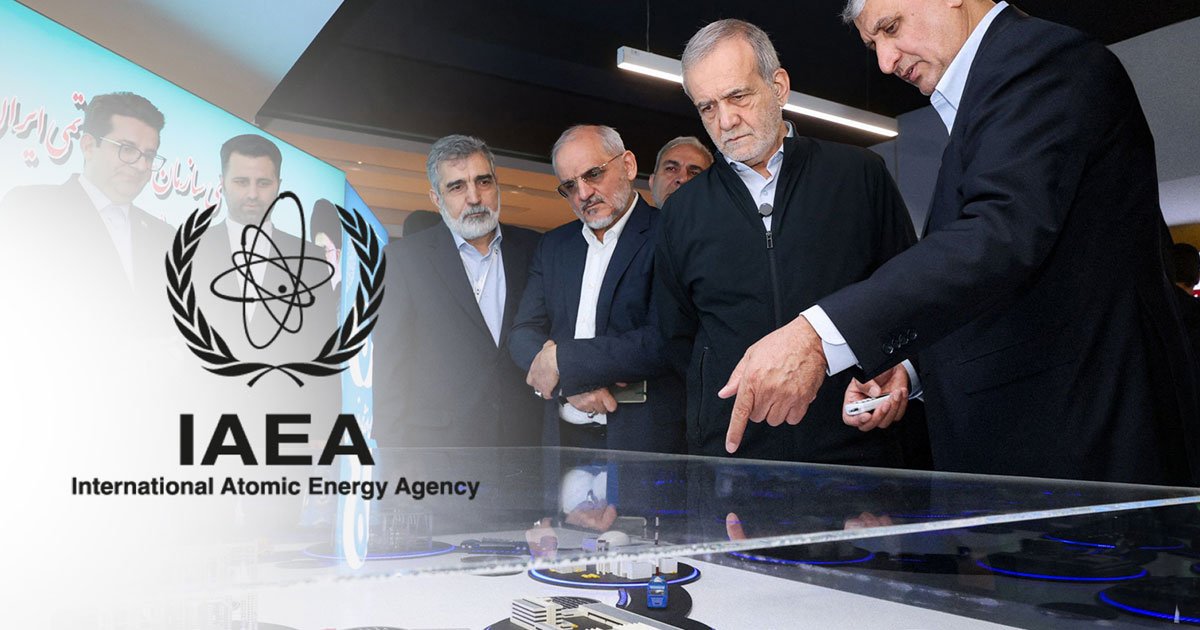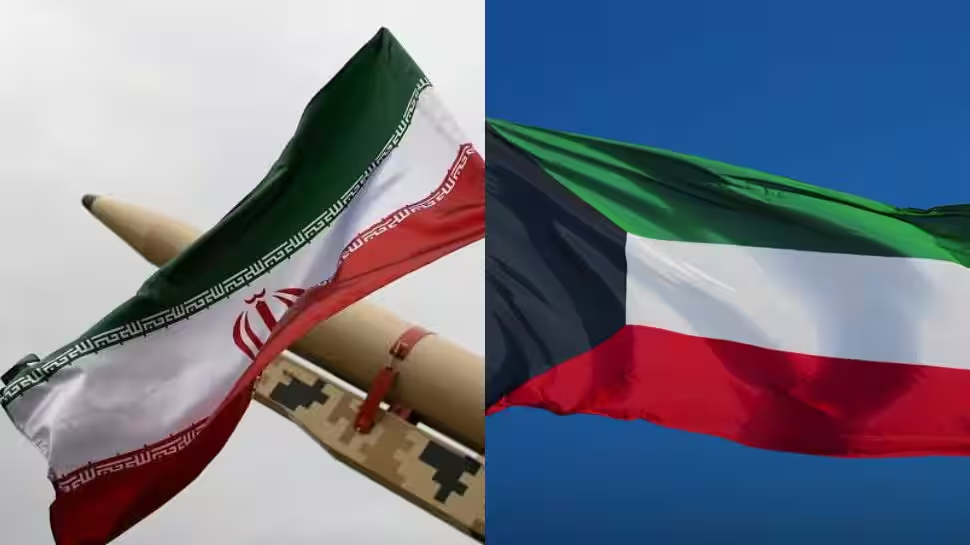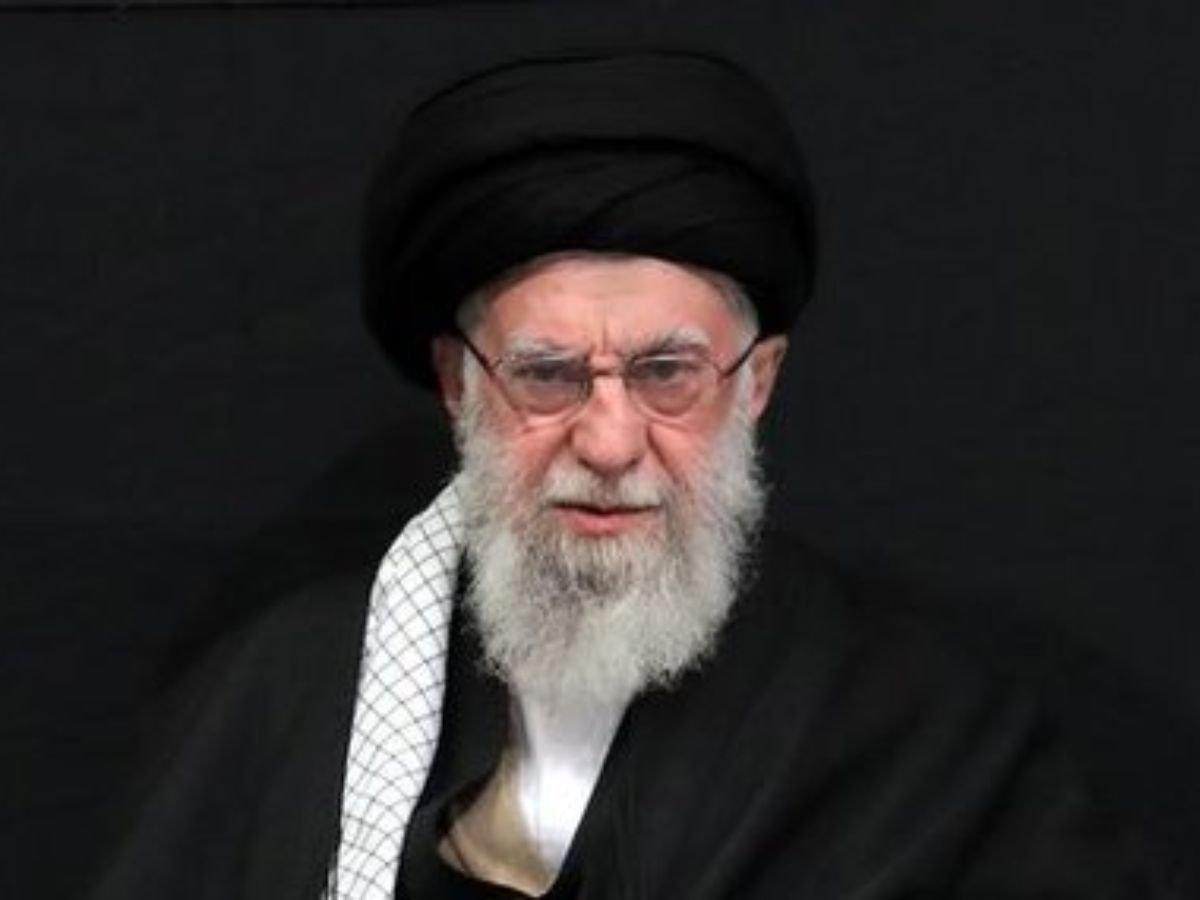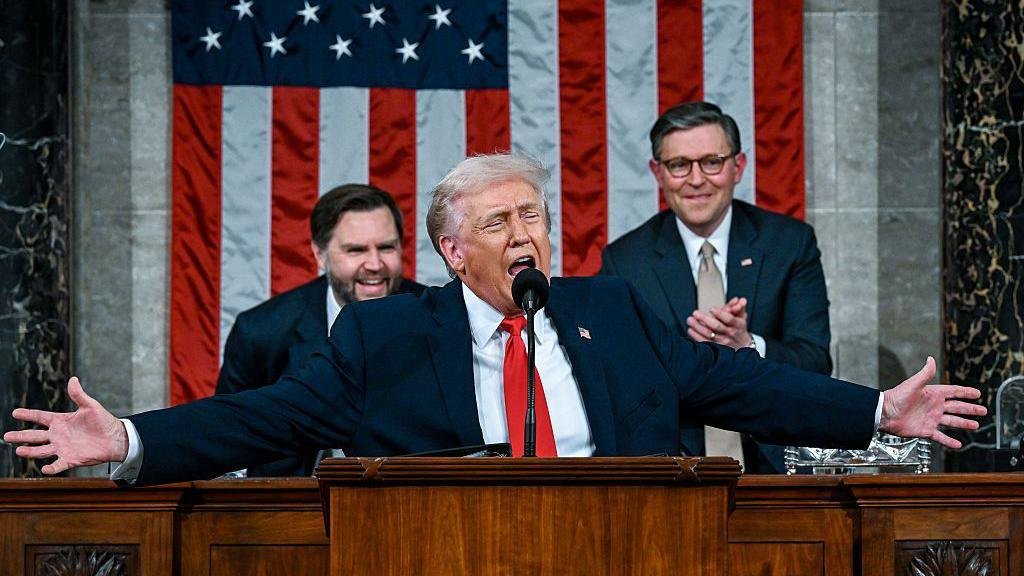“There is still room for diplomacy,” Araghchi added, leaving the door open to future negotiations despite the rising hostility.
Iran Suspends Nuclear Cooperation with IAEA. Iran has formally declared that its cooperation with the International Atomic Energy Agency (IAEA) is no longer relevant, escalating an already tense standoff over its nuclear programme.
Earlier, Iran had registered UN Complaint against IAEA Chief Grossi, accusing him of bias and negligence amid rising tensions over Iran’s nuclear program.
While in 2023, UN nuclear watchdog had reported that Iran has reversed a months-long slowdown in the rate at which it is enriching uranium to up to 60 percent purity, close to weapons grade.

Iranian Foreign Minister Abbas Araghchi made the announcement on Sunday in Tehran, signaling a decisive break from the limited engagement framework agreed to with the IAEA just weeks ago.
The declaration follows a series of diplomatic and military confrontations, including renewed United Nations sanctions triggered by European powers and escalating Israeli attacks on Iranian nuclear infrastructure.
Cairo Agreement is No Longer Relevant
Speaking to diplomats in Tehran, Deputy Foreign Minister Abbas Araghchi announced that “the Cairo agreement is no longer relevant for our cooperation with the IAEA.” This marked a sharp reversal from a recent effort to restore international inspections of Iran’s nuclear program. The Cairo agreement, finalized just a month earlier, was designed to revive IAEA monitoring. That process collapsed in June when Iran suspended cooperation after coordinated Israeli and U.S. attacks on nuclear and military facilities.
This breakdown in diplomacy comes at a critical time. Just days before Araghchi’s remarks, the United Kingdom, France, and Germany – known as the E3 – triggered the “snapback” mechanism under the 2015 Joint Comprehensive Plan of Action (JCPOA). This move reinstated a wide range of UN sanctions on Iran, including bans on arms sales and missile development. These sanctions had been lifted in exchange for limits on Iran’s nuclear enrichment.

European officials claim that Iran has violated its JCPOA commitments. They point to uranium enrichment beyond agreed levels and restricted access for inspectors. Iran strongly denies these claims, calling them politically motivated and rooted in double standards. Araghchi criticized the snapback decision. He argued that the E3 had destroyed any leverage they held and weakened the case for further negotiations. “They have definitely diminished their role,” he said, “and almost eliminated the justification for negotiations with them.”
Tehran’s frustration is not limited to Europe. Iran also accuses the International Atomic Energy Agency of bias. Officials say the IAEA has ignored repeated Israeli attacks on Iranian nuclear infrastructure. These attacks include cyber operations, drone strikes, and assassinations of nuclear scientists. As a signatory to the Nuclear Non-Proliferation Treaty (NPT), Iran insists it has the right to peaceful nuclear development. It argues that the IAEA is failing in its duty to remain impartial.
Mounting Pressure from Within & Without
Inside Iran, political pressure is growing. Hardline lawmakers are calling for withdrawal from the NPT. They argue that the West has failed to honor its commitments. Despite this pressure, President Masoud Pezeshkian has reaffirmed Iran’s current commitment to its treaty obligations. Araghchi’s remark that “there is still room for diplomacy” suggests Tehran is not closing the door on talks. However, any future negotiations would likely require Western recognition of Iran’s right to civilian nuclear technology and new security guarantees.
The collapse of diplomacy is tied to rising regional tensions. U.S.-Iran talks that began in April had shown signs of progress. But they collapsed in June, according to Iranian sources, following Israeli attacks. These attacks targeted not only nuclear sites but also residential and military areas. Tehran accuses the United States of failing to stop the provocations — or even of supporting them through covert cooperation with Israel.
A Fragile Global Framework Under Strain
Iran’s distancing from the IAEA has triggered alarm in Western capitals. Officials fear that Iran could resume uranium enrichment at levels close to weapons-grade. While Tehran insists its nuclear program is peaceful, the lack of monitoring increases the risk of miscalculation or escalation.

Iran’s growing ties with Russia add further complexity. Tehran has reportedly provided drones to Moscow for use in Ukraine. In return, Russia has backed Iran diplomatically at the United Nations. Moscow has opposed new sanctions and called for a more balanced approach to nuclear diplomacy. This alliance makes it harder for Western nations to isolate Iran through pressure alone.
The failure to maintain the JCPOA highlights a deeper shift away from multilateral diplomacy. Both sides now appear entrenched in positions shaped more by rivalry than by cooperation. Constructive dialogue has been replaced by accusations. The chances of reviving the deal – or creating a new one – are growing slimmer.
Still, Araghchi’s comments show that Iran may be open to re-engagement under specific conditions. Tehran wants its security concerns addressed and its right to peaceful nuclear energy respected. The international community now faces a clear choice: escalate pressure and risk further instability, or return to diplomacy. What happens next will shape not only the future of Iran’s nuclear program, but the credibility of global non-proliferation efforts.





